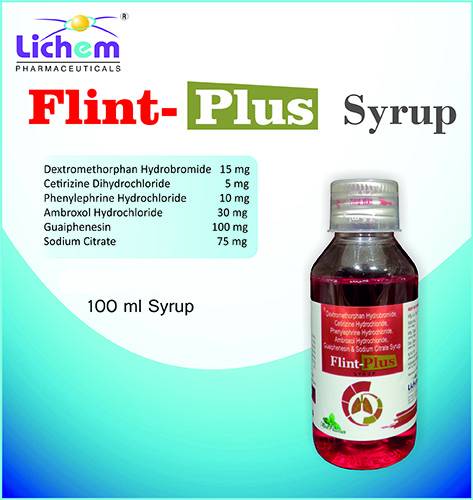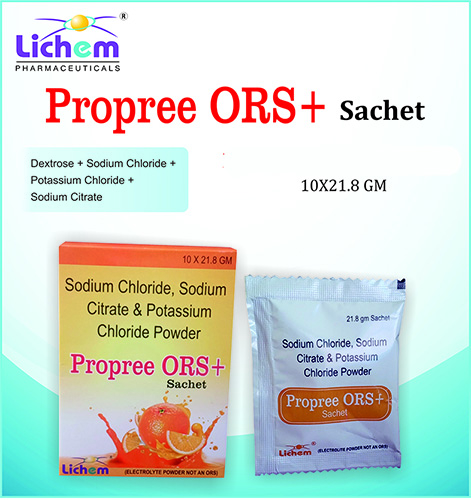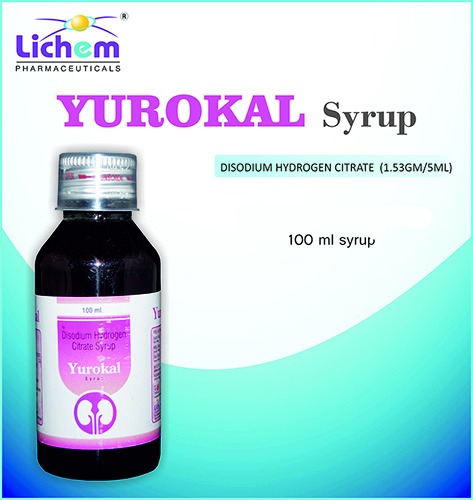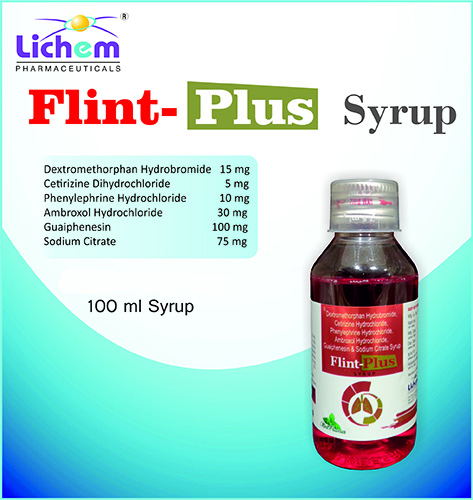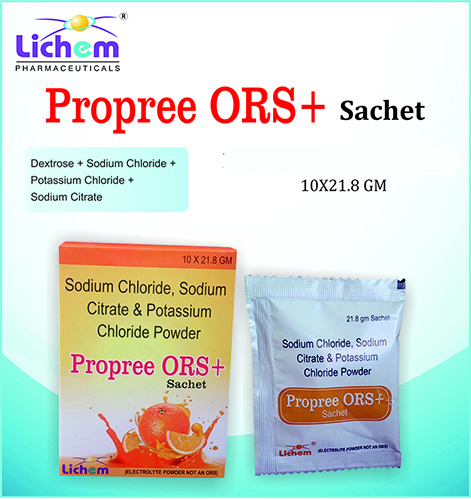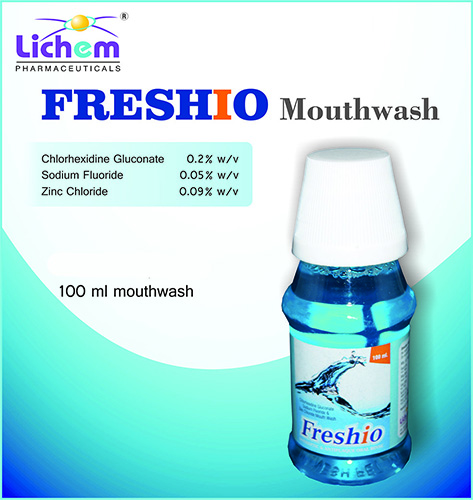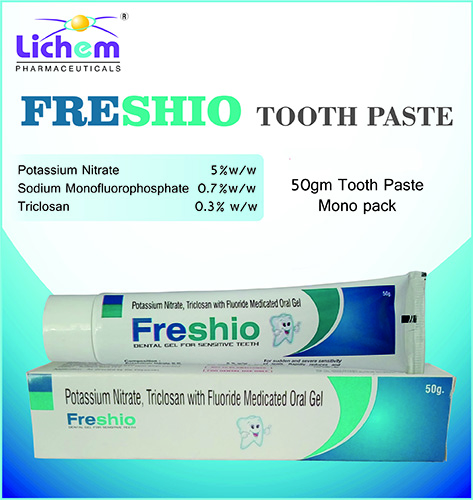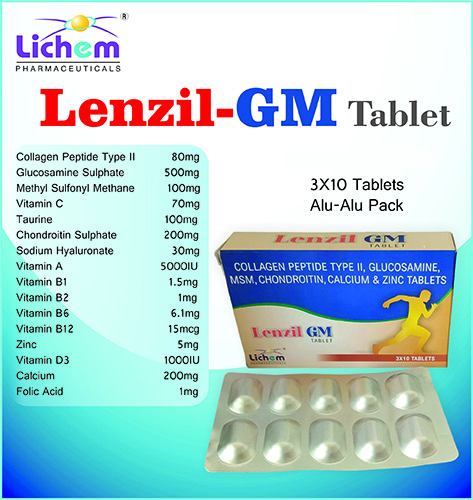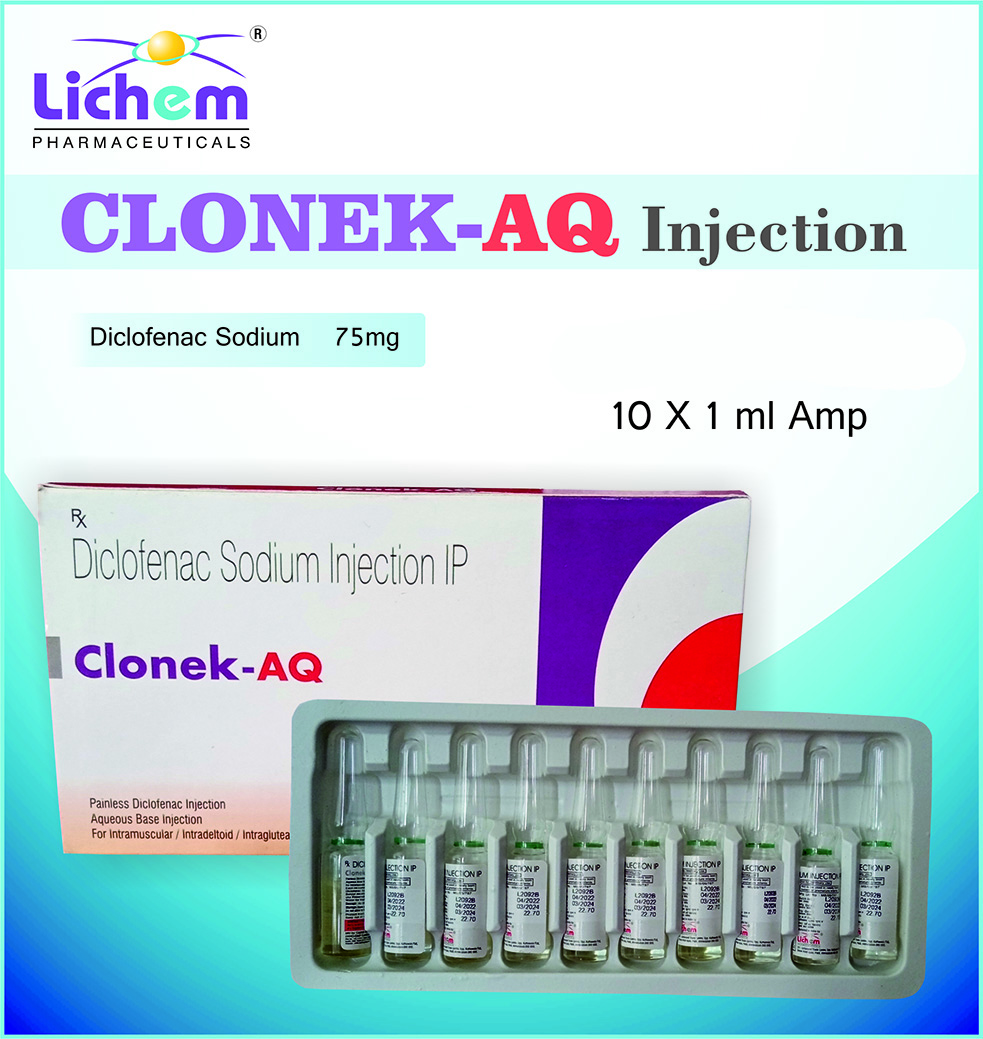Composition : Dextromethorphan 15 mg + Cetirizine 5 mg + Phenylephrine 10 mg + Ambroxol 30 mg + Guaiphenesin 100 mg + Sodium Citrate 75 mg Dextromethorphan : A cough suppressant that acts on the central nervous system to reduce the cough reflex. It's most effective for dry coughs. Cetirizine : An antihistamine that relieves allergy symptoms like runny nose, itchy eyes, and sneezing. Phenylephrine : A decongestant that helps shrink swollen blood vessels in the nasal passages, relieving congestion and stuffiness. Ambroxol : A mucolytic that loosens thick mucus in the airways, making it easier to cough up phlegm. Guaiphenesin : An expectorant that works by increasing the volume of fluid in the airways. This thins mucus and makes it easier to expel through coughing. Sodium Citrate : May help soothe a cough by thinning mucus and reducing irritation in the throat. INDICATIONS COPD Bronchitis Asthma Irritation Bronchospasm Smoker's Cough Sneezing Blocked Nose
Send Message